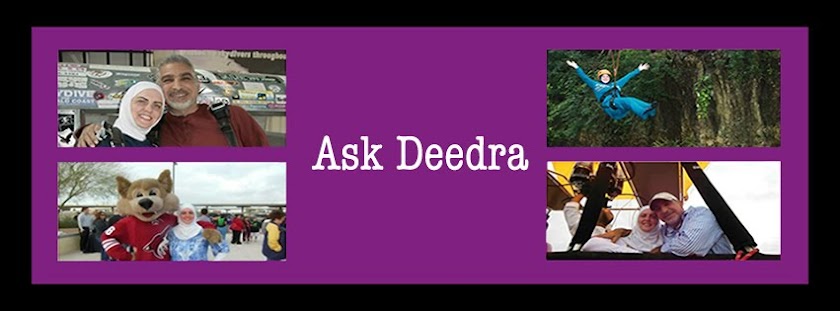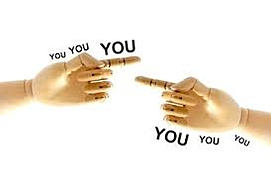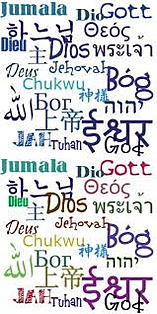I remember growing up in Arkansas and hearing people talk about African Americans very badly. Without even thinking about it, people would make the most stereotypical and offensive comments, sometimes actually in front of an African American. Usually, but not always, the speaker would realize an African American was present and say, “Oh, I don’t mean you. You’re different,” and then continue with the conversation as though everything was normal.
And to the speaker, everything was normal. In the speaker’s mind, since he or she was acknowledging that the African American present was the “exception,” almost like it was a compliment, the speaker thought he or she was being very nice.
Clearly, the African American did not see the situation in the same light – and felt anything but complimented.
Another comment I often heard growing up, usually before or after a racist comment, was “I am not prejudice, I have a black friend” or “… I have black friends.”
I heard the exact same comments referencing Jews and Mexicans.
And over the last ten years or so, I have been hearing the comments referencing Muslims – even more so lately. The media, Facebook posts, and political posturing are actually small in the scheme of things. Even the “exception,” “you’re different,” and “I have a Muslim friend” comments at work and at social gatherings might even be tolerable - only just tolerable.
The real pain and suffering comes when your family is made up of different ethnicities or religions, some minorities themselves. Family members who have known you all your life, who you have always been close to, who consider themselves close to you now. Today even your family. . . your blood . . . normally your supporters in life, are starting to make the same comments.
Nothing hurts more than for your mother, your father, your sister, your brother, your niece, your nephew, or even your in-laws to make hurtful or racist comments about your religion or your spouse’s ethnicity . . . and then turn to you and say, “Not you. I was not talking about you. I know you’re not like that,” and continue with the conversation like everything is normal, with absolutely no idea what has just happened . . . .
That even among close family members, “exceptions” has become the new normal.
Have you ever experienced your family or friends holding you up as the "exception?"
Have you ever held someone else out as the "exception?"


